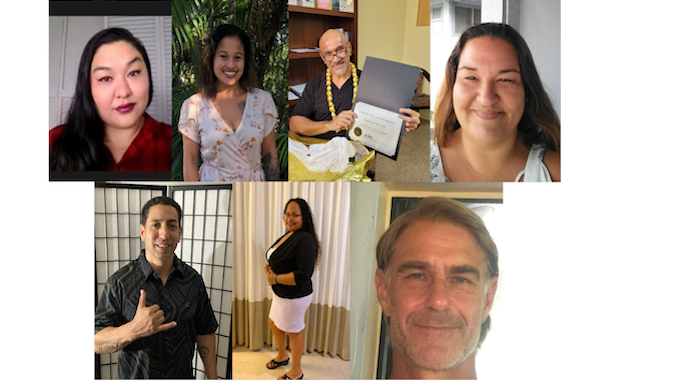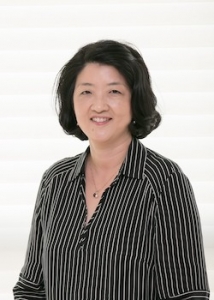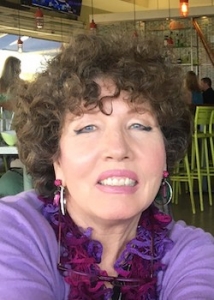
The University of Hawaiʻi at Mānoa and Leeward Neighborhood College were granted a $2.2 million grant from the U.S. Health Resources & & Service Administration to train students in substance use disorders therapy, treatment and after-care. Targeted at dealing with the difficulties of substance use disorders in Hawaiʻi neighborhoods, it will enable 88 students to end up being skilled substance use disorders therapists over the next 4 years, at no charge to the students.

” We are incredibly honored for this chance to broaden and increase the behavioral health labor force in Hawaiʻi,” stated Seunghye Hong, an associate teacher with the Thompson School of Social Work & & Public Health, and the primary private investigator of the job administered from the Center on Aging “We hope this will enable students to discover rewarding work in the locations of substance use avoidance, treatment and healing.”
The training program will be called the Hawaiʻi Behavioral Health Training Institute ( HBHTI). The grant will offer the students with scholarships to cover the expense of participating in the program at Leeward Neighborhood College, along with stipends to support them while they finish 400 hours of fieldwork. Upon conclusion, the students will make a Certificate of Proficiency in Substance Use Disorders Therapy ( COSUD).
” We desire to attend to the difficulties of substance use throughout our island neighborhoods, and especially focus on high-need and high-demand locations,” Hong stated. The HBHTI will use students community-based experiential training, while cultivating an integrated health technique to address substance use avoidance, treatment and healing services.
Apprenticeship chances
Students who have actually acquired their certificate likewise have the chance to work 1 year full-time or two-years part-time as apprentices for a company to even more improve their expert and scientific abilities through on- the-job training. Students taking part in the apprenticeship are dedicated to working towards ending up being a Licensed Drug abuse Therapist ( CSAC) from the Hawaiʻi Department of Health, while the partnered companies have actually concurred to support them in this procedure.
The apprenticeship is a crucial element of the job, because it makes it possible for companies operating in rural and underserved locations gain access to to a talentpool of brand-new specialists who are committed to growing their competence and assisting attend to the substance use concerns in the state. Concurrently, the apprenticeship component of the program is significant for individuals as they get a retention perk and are supplied instructional traininig developed to advance their skillset.
Training students for backwoods
The HBHTI program is particularly committed to cultivating chances for students in backwoods and will deal with next-door neighbor island students by using simultaneous online classes for the Leeward CC COSUD program and partnering with regional companies throughout the state to offer significant profession paths.

According to Hong, all 4 Hawaiʻi counties have extreme lacks of behavioral health workers. The vision of HBHTI is to help attend to the spaces in services by supporting training chances in backwoods and recruiting students with an enthusiasm to serve their house neighborhoods.
” We acknowledge the value of hiring a varied group of prospects from around the state to Leeward CC‘s COSUD certificate program and to the field,” stated Gwen Williams, teacher and program organizer of the COSUD program, co-principal private investigator and leader of the partnership in between the UH Neighborhood Colleges. “There is a scarcity of substance use condition therapists who originate from susceptible, marginalized neighborhoods, and these neighborhoods sadly typically suffer the most substance use- associated issues. We hope to not just hire students from backwoods however likewise establish fieldwork and apprenticeship websites in these locations.”
To learn more on the Hawaiʻi Behavioral Health Training Institute, students can email HBHTI@hawaii.edu
